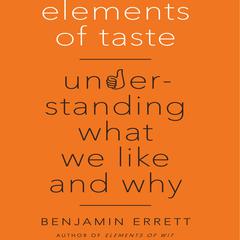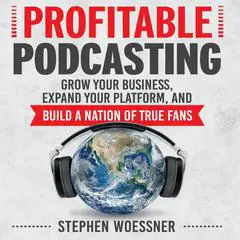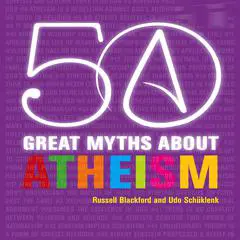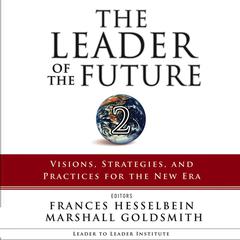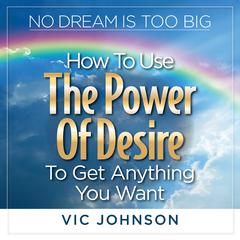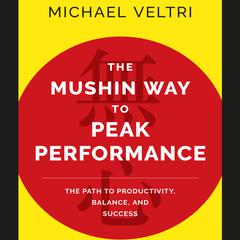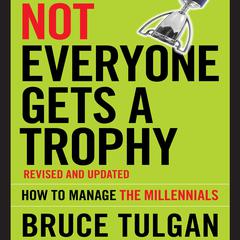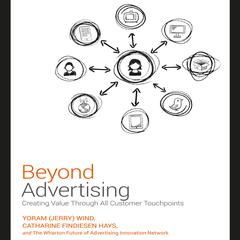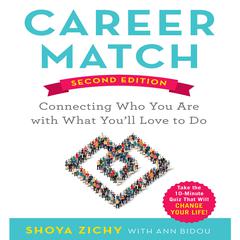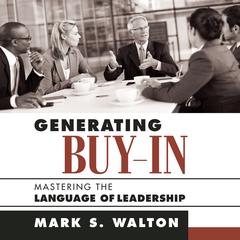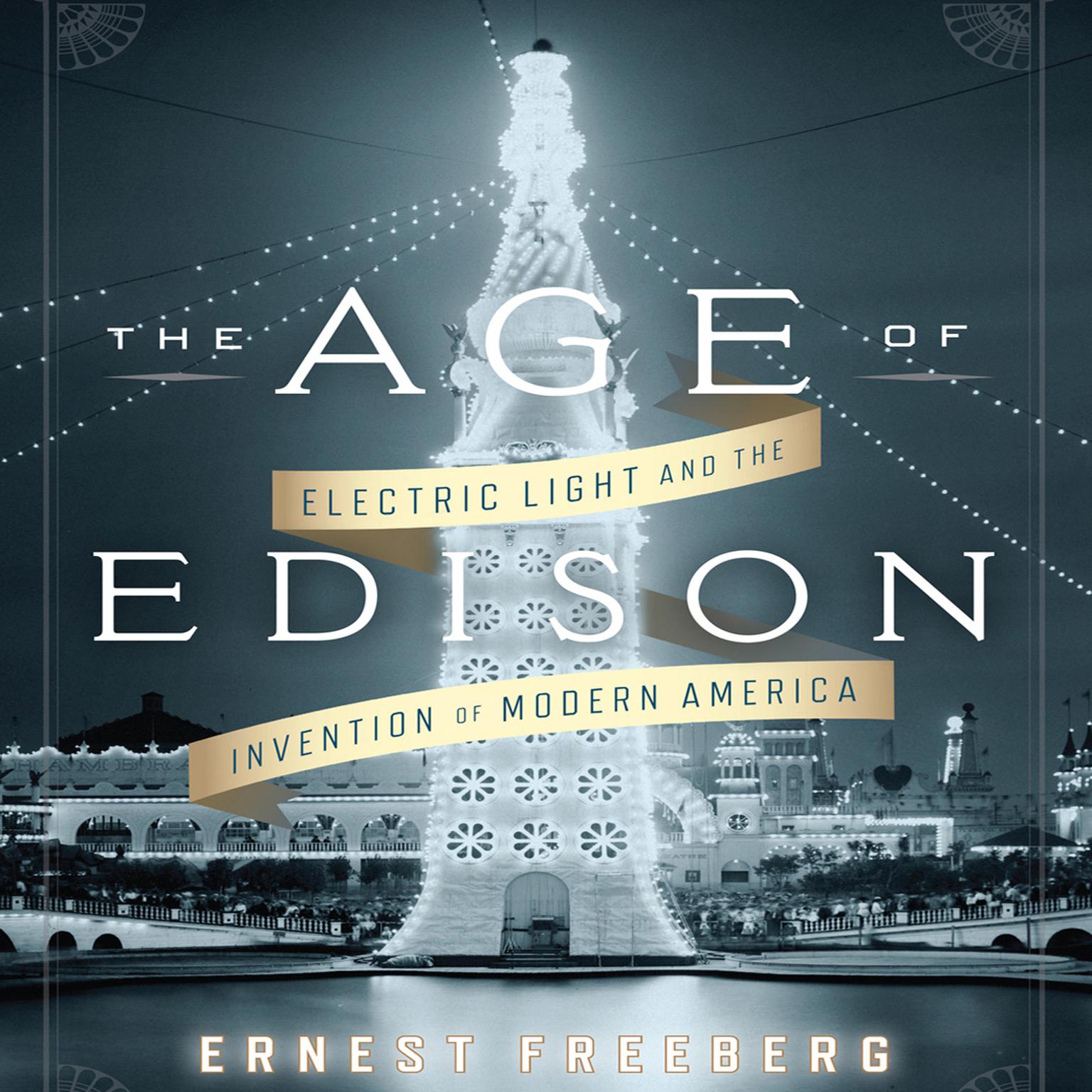 Play Audiobook Sample
Play Audiobook Sample
The Age Edison: Electric Light and the Invention of Modern America Audiobook
 Play Audiobook Sample
Play Audiobook Sample
Quick Stats About this Audiobook
Total Audiobook Chapters:
Longest Chapter Length:
Shortest Chapter Length:
Average Chapter Length:
Audiobooks by this Author:
Publisher Description
The late nineteenth century was a period of explosive technological creativity, but arguably the most important invention of all was Thomas Edison’s incandescent lightbulb. Unveiled in his Menlo Park, New Jersey, laboratory in 1879, the lightbulb overwhelmed the American public with the sense of the birth of a new age. More than any other invention, the electric light marked the arrival of modernity. The lightbulb became a catalyst for the nation’s transformation from a rural to an urban-dominated culture. City streetlights defined zones between rich and poor, and the electrical grid sharpened the line between town and country. “Bright lights” meant “big city.” Like moths to a flame, millions of Americans migrated to urban centers in these decades, leaving behind the shadow of candle and kerosene lamp in favor of the exciting brilliance of the urban streetscape. The Age of Edison places the story of Edison’s invention in the context of a technological revolution that transformed America and Europe in these decades. Edison and his fellow inventors emerged from a culture shaped by broad public education, a lively popular press that took an interest in science and technology, and an American patent system that encouraged innovation and democratized the benefits of invention. And in the end, as Freeberg shows, Edison’s greatest invention was not any single technology, but rather his reinvention of the process itself. At Menlo Park he gathered the combination of capital, scientific training, and engineering skill that would evolve into the modern research and development laboratory. His revolutionary electrical grid not only broke the stronghold of gas companies, but also ushered in an era when strong, clear light could become accessible to everyone. In The Age of Edison, Freeberg weaves a narrative that reaches from Coney Island and Broadway to the tiniest towns of rural America, tracing the progress of electric light through the reactions of everyone who saw it. It is a quintessentially American story of ingenuity, ambition, and possibility, in which the greater forces of progress and change are made visible by one of our most humble and ubiquitous objects.
Download and start listening now!
"An interesting book of the history of electricity of the US."
— Jbondandrews (4 out of 5 stars)
Quotes
-
“Freeberg’s deft social history explores a remarkable period in America’s cultural and economic development. By understanding the post-Edison world we can see how nightlife really began; how our workdays grew considerably longer; and how the urban gloom was extinguished by the commerce of illumination.”
— Jon Gertner, New York Times bestselling author of The Idea Factory: Bell Labs and the Great Age of American Innovation -
“Ernest Freeberg’s fascinating account of the arrival and impact of electric lighting in America fills an important gap in the history of this subject. This well-written and insightful book should appeal both to scholars and lay readers, all of whom will learn much about the complex history of the adoption of this new technology.”
— Paul Israel, author of Edison: A Life of Invention; general editor, The Thomas Edison Papers -
“Ernest Freeberg’s luminous new narrative shows that the long-lived ‘Wizard of Menlo Park’ (1847–1931) not only created a technology that changed lives worldwide but also helped create a culture of invention, making systematic research a disciplined, economic activity. An engrossing historical study of ingenuity at work.”
— Barnes & Noble, editorial review -
“Illuminating.”
— Publishers Weekly -
“A genial, sometimes jolting account of the social and political consequences of crying, ‘Fiat lux!’”
— Kirkus Reviews -
“A dynamo of a book powered by an infectious enthusiasm for the can-do spirit of Edison and rival geniuses racing to turn night into day. Freeberg writes with verve and uncommon clarity, all the while deeply enriching our understanding of an age raring to embrace modernity.”
— A. Roger Ekirch, author of At Day’s Close: Night in Times Past
Awards
-
A Barnes & Noble Best Book of February2013
The Age Edison Listener Reviews
-
" some interesting stuff I didn't know. Light bulb changed things way more than we think "
— Phil, 12/11/2013 -
" Fascinating history, but I would've liked more of the Edison-Tesla rivalry "
— Andrew, 10/13/2013 -
" could have been better but it was good "
— Neena, 10/7/2013 -
" Only an okay read, Interesting info, but a writing style that is repetitive and not particularly engaging. "
— David, 10/4/2013 -
" Kind of interesting. It is about how electrification and having a cheap source of illumination following edison changed americans work, leisure,made cities safer and changed their habits. It has some points of interest about the story of electrification and has some information. It is ok. "
— Peter, 9/16/2013 -
" Enjoyed it. Too little on Tesla however. "
— James, 8/10/2013 -
" After watching the 5 part documentary "The men who built America" (which was great), this book fit right in with what has become a personal fascination with the industrialization and growth of America's economy, infrastructure and place in the modern world. "
— Diane, 6/8/2013 -
" Pleasant history on how the electric light helped change the way we live. "
— Steve, 5/28/2013
About Ernest Freeberg
Ernest Freeberg is a distinguished professor of humanities in the history department at the University of Tennessee. He is the author of The Education of Laura Bridgman and Democracy’s Prisoner, which was a Los Angeles Times Book Prize finalist and winner of the David J. Langum, Sr. Prize in American Legal History. Freeberg is a distinguished lecturer for the Organization of American Historians and has produced a number of public radio documentaries on historical themes.
About Lloyd James
Lloyd James (a.k.a. Sean Pratt) has been a working professional actor in theater, film, television, and voice-overs for more than thirty years. He has narrated over one thousand audiobooks and won numerous Earphones Awards and nominations for the Audie Award and the Voice Arts Award. He holds a BFA degree in acting from Santa Fe University, New Mexico.








